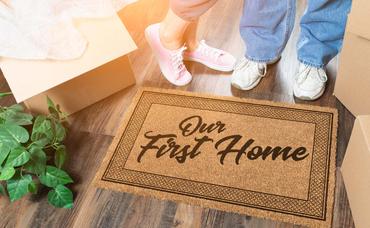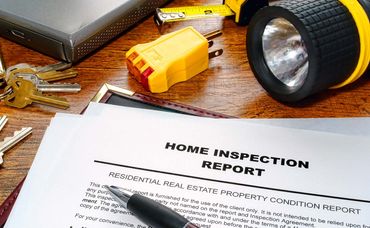The Stanbra Home Team fields many questions from first-time home buyers. If you are in the market to purchase your first home, here’s what you should know.
At the risk of sounding cliché, we would like to first point out that where you choose to purchase is the most important decision you will make in buying your first home. It really is all about, “location, location, location.” Put that on repeat to infinity. Also, the saying, “Buy the ugliest house on the nicest block,” holds true in today’s market. First-time home buyers must go in with a vision for a less-than-stellar property in a great neighborhood. Can it be completely transformed with cosmetic updates, like paint, flooring, and landscaping? How do you know if an ugly home on a nice block is worthy of your time and consideration?
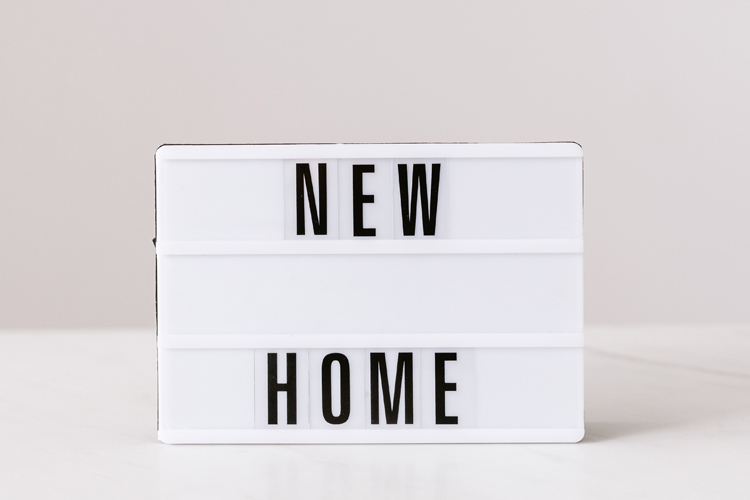
First-time home buying tip: It really is all about location!
Look for homes with good bones.
Homes have skeletons? They do! In times past, this was key information given by real estate professionals to buyers, who are concerned with resale value. Many first-time buyers see themselves in brand new construction but are dissuaded by budget-busting price tags. If this is your home buying quandary, consider shopping the resale market. There is no such thing as “perfect condition,” even for brand new construction. Keep that in the back of your mind while looking for lived-in prospects for your first-time home buying experience. What constitutes a home with good bones? Solid construction is a must! A well-built CBS concrete block home instead of a wood-framed home is a great find, for instance. Will the home require replacing of any big ticket items, like the HVAC, water heater, or roof? Check to see if these items are new and/or have been well-maintained. A roof that is less than 10 years old, which is without damage, is win for home buyers. Here in the Palm Beaches area, another thing to look for in a home with good bones, is hurricane protection – impact windows instead of shutters.
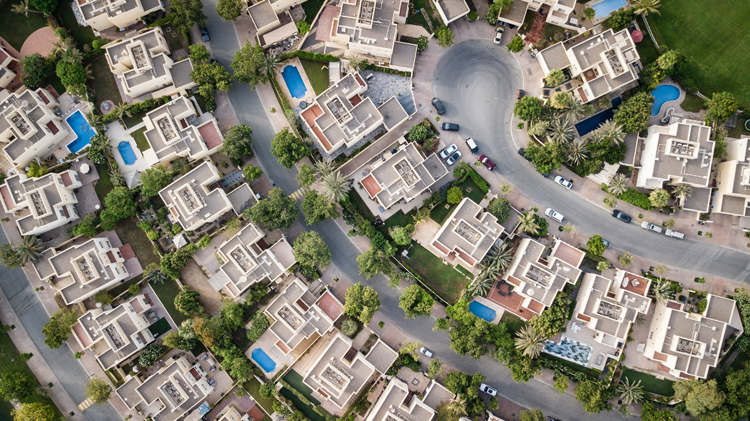
First-time home buying tip: Find a home with good bones.
Don’t over-improve for the neighborhood.
Home values are on the upswing, which is forcing buyers to over-pay for homes to beat out competing offers. This sellers’ market can create a money-losing situation if you plan major improvements to a home. Let’s say you purchase a home in a neighborhood with average comps $300K-$400K. You offer more than top dollar to secure your purchase, but also plan to add a second story and a backyard pool. These huge improvements could mean that you will be investing far more than you will see a return on if you sell in a few years. Therefore, if you want to make over-the-top improvements that would constitute a situation of over-improving, be sure that the investments you make are for your long-term quality of living in the home. If you cannot commit to living in the home long-term, you might want to consider paring down your renovations, so you don’t lose that money when you sell.
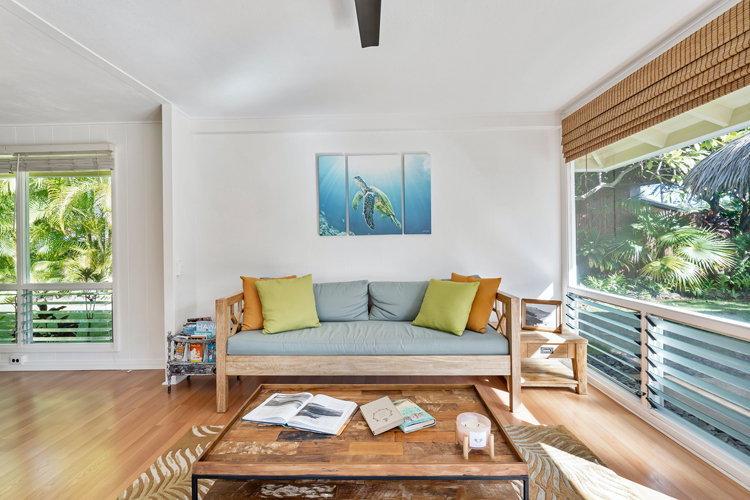
First-time home buying tip: Over-improvement could equate to a loss of money.
DIY or fixer-upper?
The first thing you should consider in buying a true fixer-upper is final cost after extensive renovations. If you fancy yourself the next Chip and Joanna Gaines, know that expert fixer-upper status is purchased with years of hard work and cold, hard cash. Identify your renovation budget and add 20% for contingencies. There will be contingencies! And while you can finance the cost of the home, you will need to have cash on-hand for closing costs in addition to monies set aside for improvements to the home. Realize that TV shows are edited for entertainment value. If a fixer-upper goes entirely over-budget, or a contractor stiffs a family for unfinished renovations, that is not going to be depicted on the show. To successfully buy and renovate a home to live in or resell, assembling a strong team of seasoned professionals is key. This means a REALTOR® with experience in these types of properties, along with reputable contractors and tradesmen. But we have to hand it to you, first-time home buyers – you’ve got guts for considering this route!
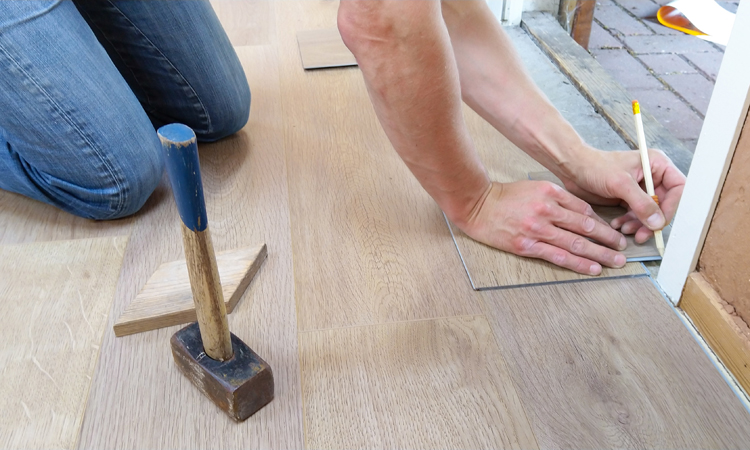
First-time home buying tip: Be ready to spend cash on a fixer-upper.
Must-Haves for First-Time Home Buyers
Now that you are ready to take the plunge into home ownership, you will find these items helpful even before you move in! It’s likely you will not be preparing a gourmet meal the first few nights in your new home. And don’t forget to find a reputable handyman – have his number on speed dial. What if the power goes out? Why isn’t this thing working? Who’s at the door already?
 Safety items:
Safety items:
- Replace all door locks and get extra keys.
- Replace smoke/carbon monoxide detectors.
- Buy at least one fire extinguisher.
- Buy a great flashlight – or a few.
- Invest in home security/doorbell camera.
- Candles and a lighter/matches.
- Have an extra case of water on-hand.
Sundry items:
- Check for battery types and replace them in everything.
- List all light fixtures and light bulb types, buy extras of all.
- Home address stamp with your new address.
- Wood putty/caulk for quick fixes.
- Multi-purpose screwdriver kit.
- WD-40 for ALL the squeaky things.
Don’t be caught without these items:
- Can opener
- Ironing board
- Plunger


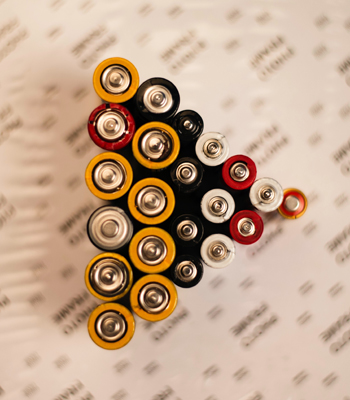 Safety items:
Safety items: